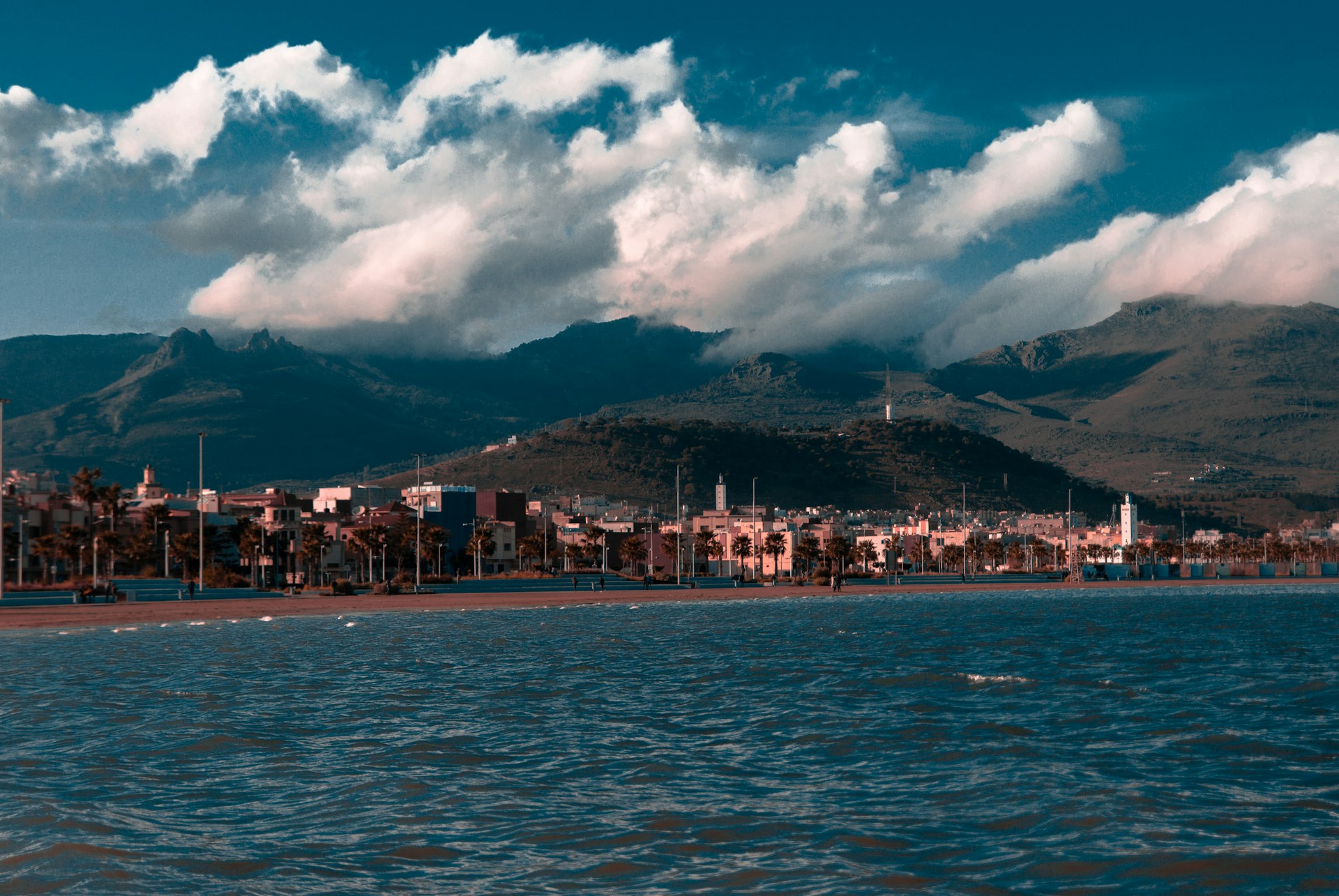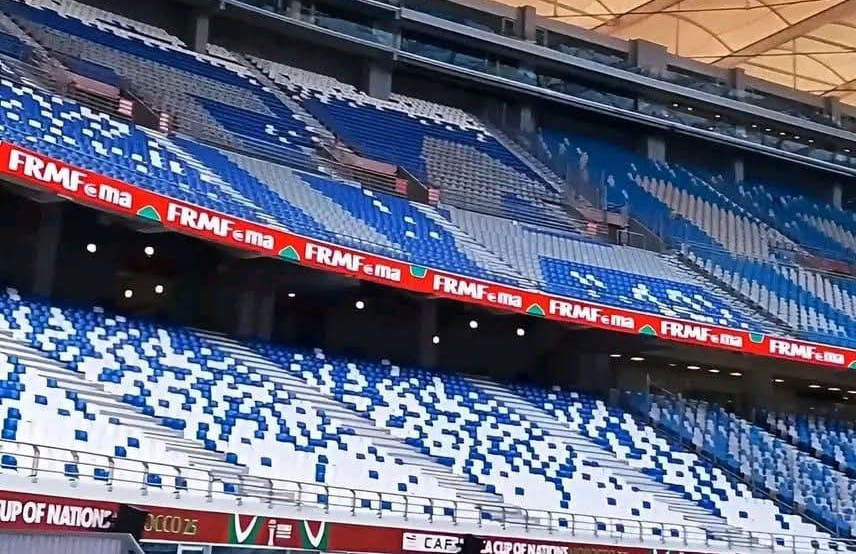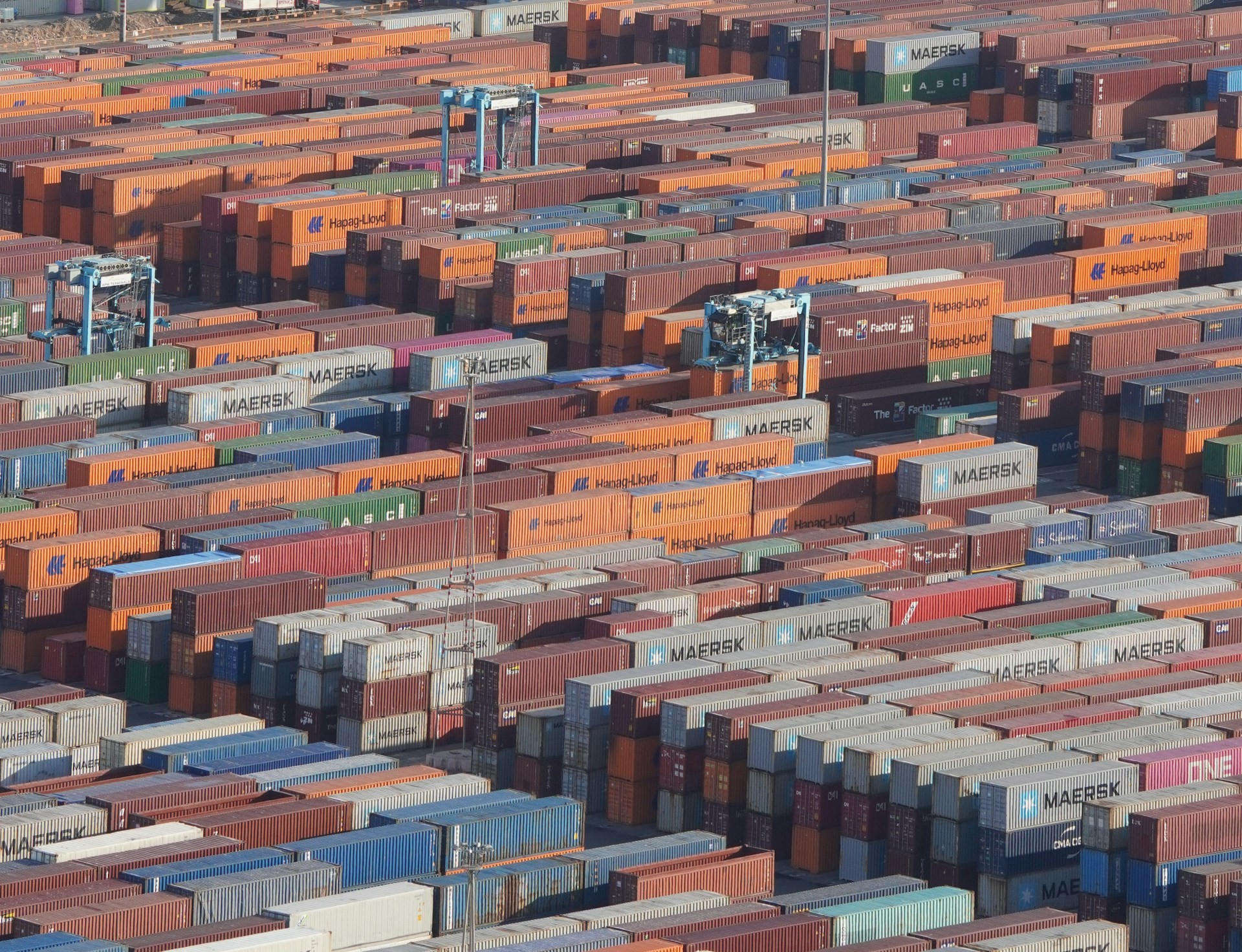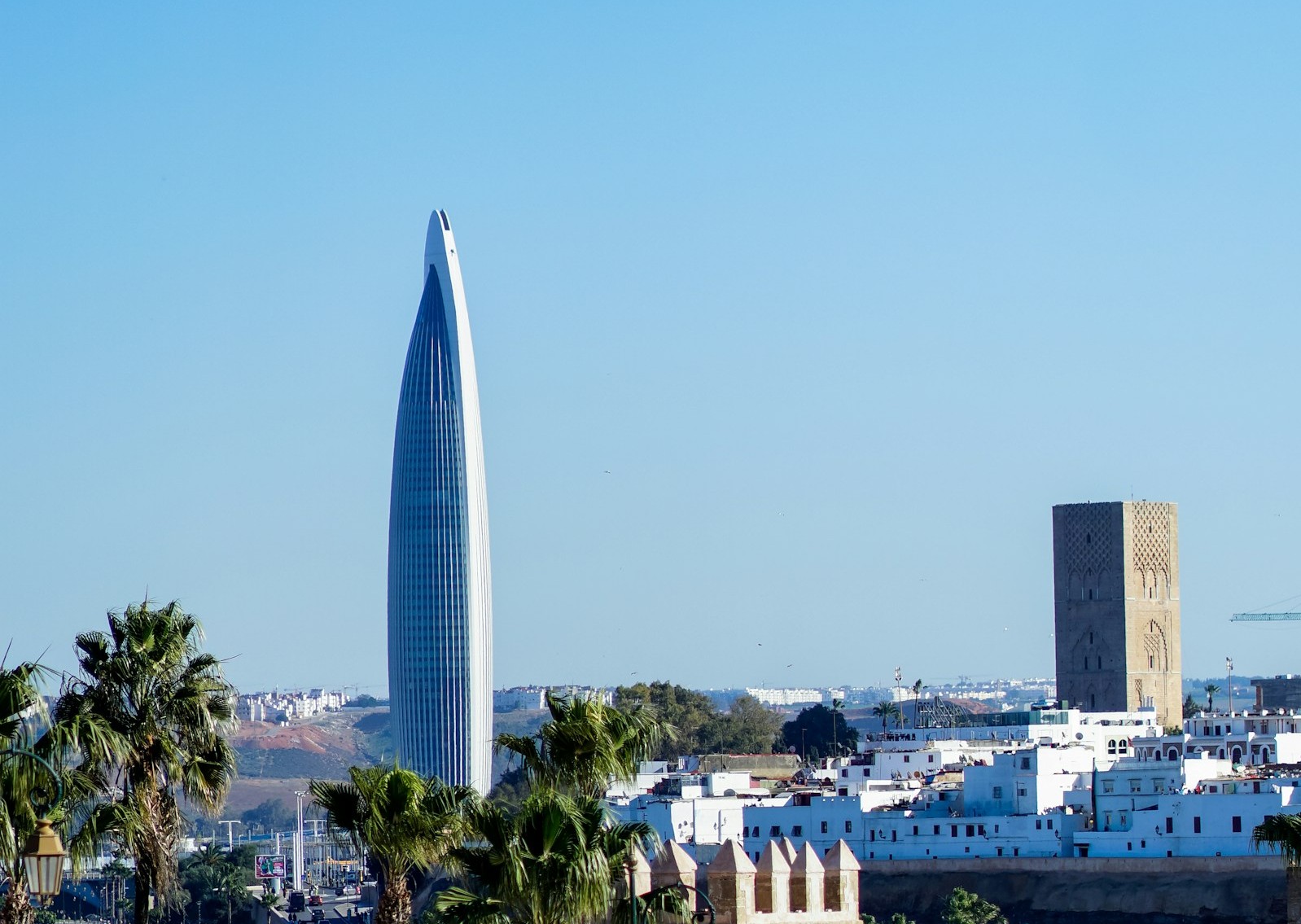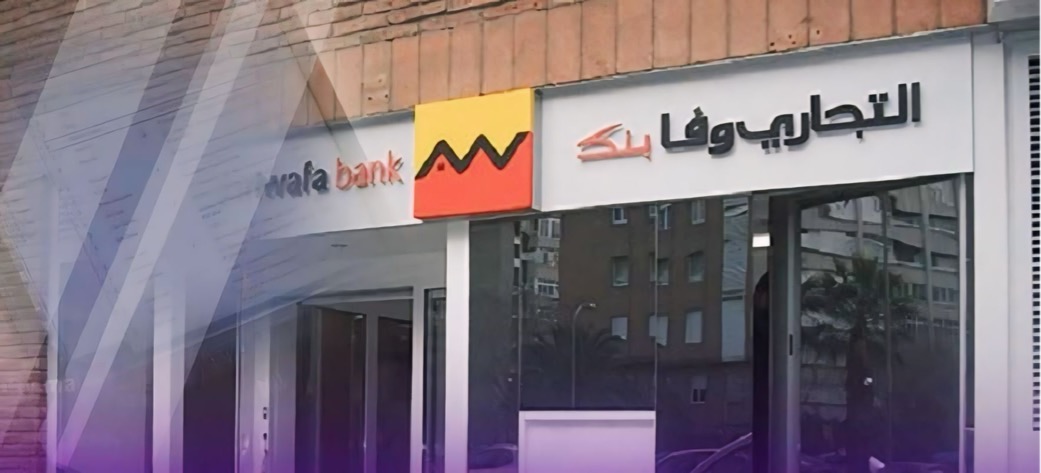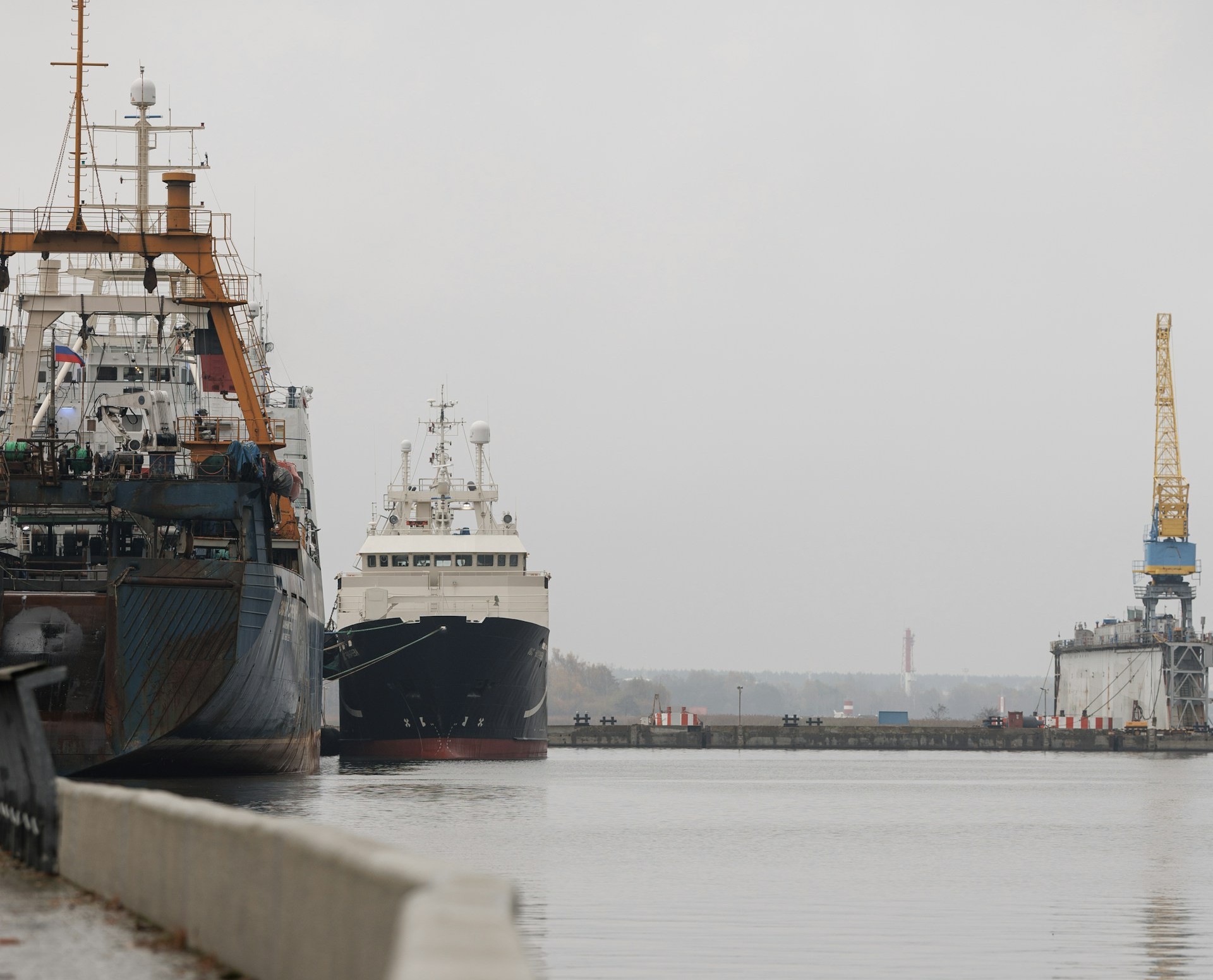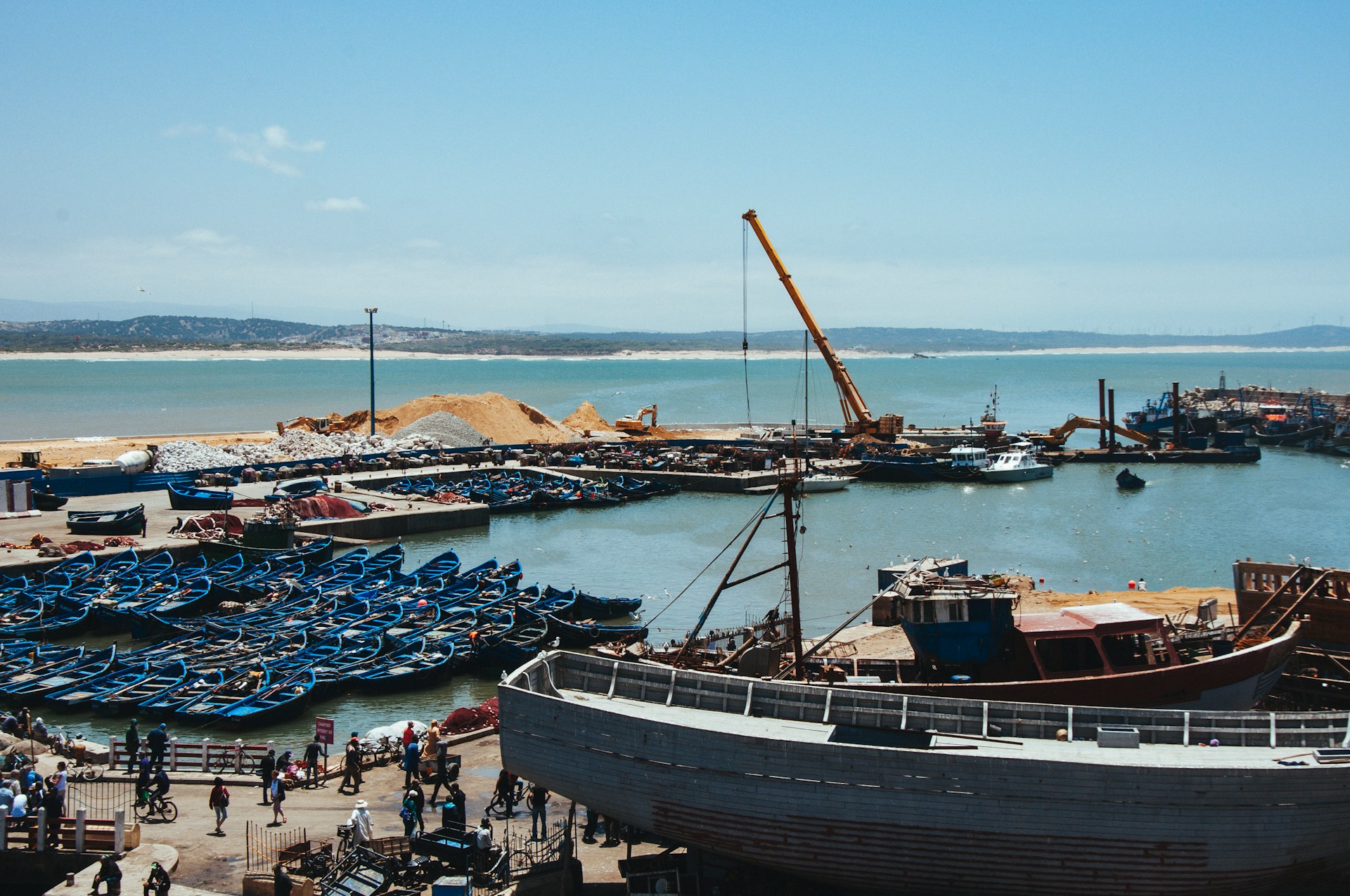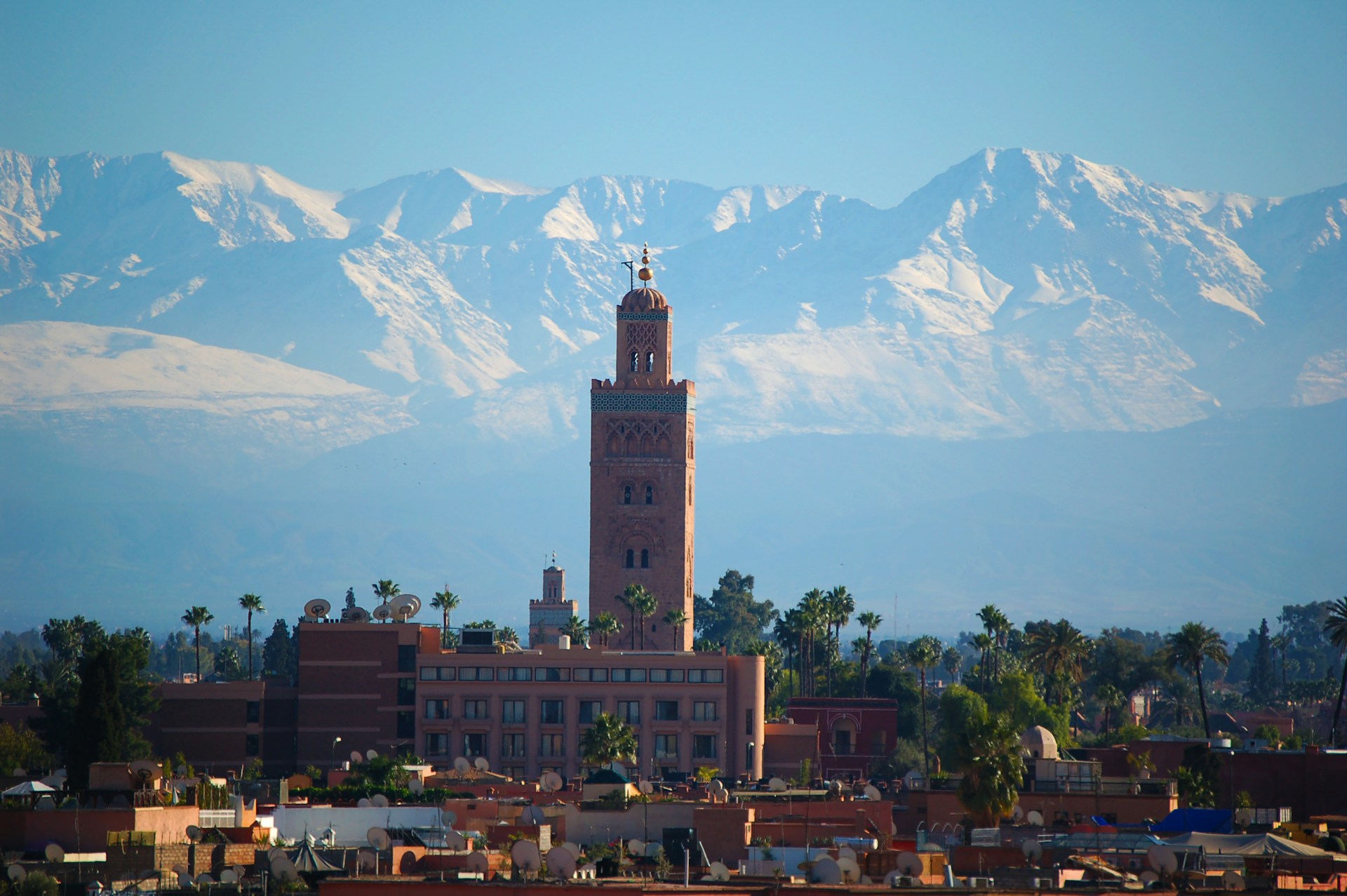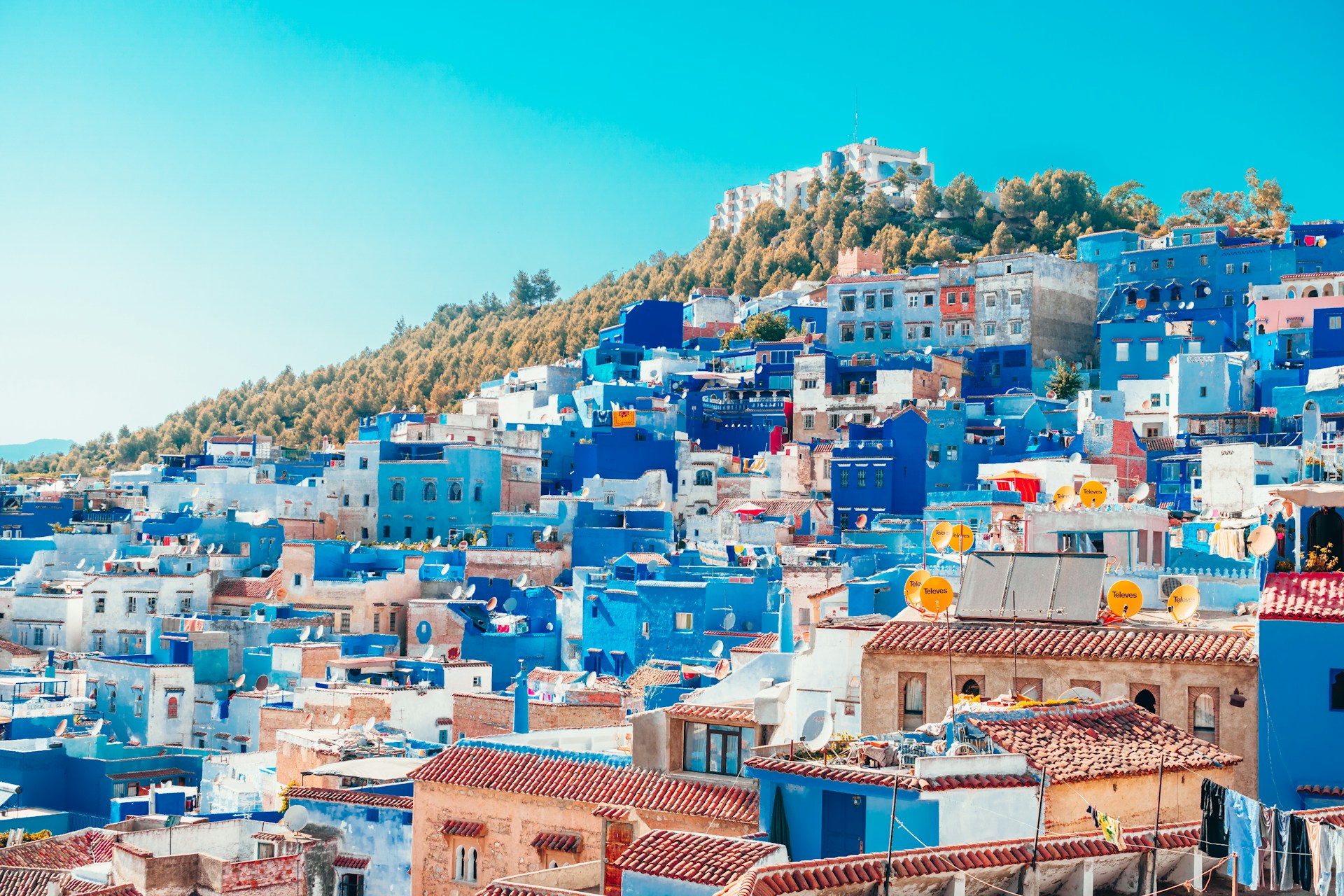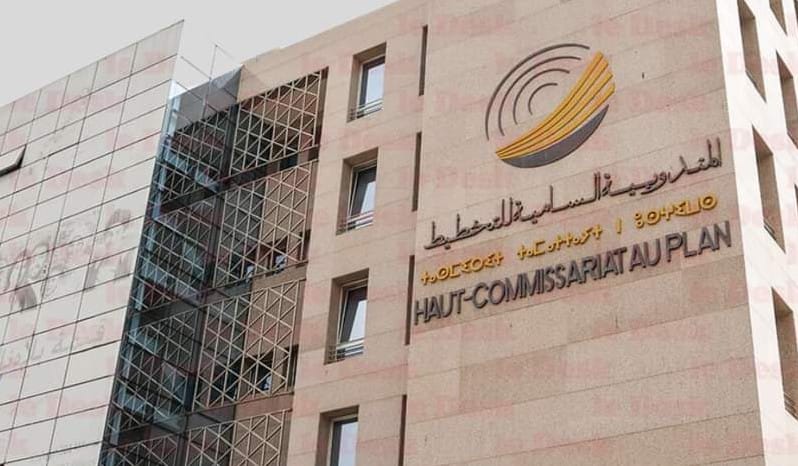Casablanca – Morocco has made notable strides in both the banking and real estate sectors in 2024, as reflected in two recent reports. Eight Moroccan banks were recognized in The Banker magazine’s ranking of the top 100 Arab banks, while the country also ranked first in North Africa and 59th globally in the 2024 Global Real Estate Transparency Index by “JILL,” a leading real estate investment and consultancy firm.
Banking sector: Moroccan lenders advance in Arab rankings
Eight Moroccan banks secured positions in The Banker magazine’s prestigious list of the top 100 Arab banks, underscoring their growing influence in the regional financial landscape. Leading this group is Attijariwafa Bank, which ranked 21st, advancing four spots from the previous year, reinforcing its status as Morocco’s largest and most influential bank. Banque Populaire Group followed closely, climbing two positions to reach 25th, while Bank of Africa maintained its steady position at 36th.
The list also featured *Société Générale* at 56th, Crédit Agricole at 62nd, CIH Bank at 70th, BMCI at 75th, and Crédit du Maroc at 81st, highlighting the depth of Morocco’s banking industry on the Arab stage.
On a broader Arab level, Saudi National Bank ranked first, followed by Al Rajhi Bank, Qatar National Bank, and Emirates NBD. Saudi Arabian banks continued to dominate, while UAE banks also saw significant improvements, with nine out of 18 Emirati lenders climbing in the rankings.
Morocco’s banking sector benefited from the appreciation of the dirham against the dollar in 2023. In particular, Attijariwafa Bank was lauded as the best-performing Moroccan bank for the second consecutive year, excelling in profitability, asset quality, risk-adjusted returns, and financial leverage.
Real estate sector: Morocco’s leading role in north African transparency
In parallel to the banking sector’s strong performance, Morocco also distinguished itself in the real estate sector. The country topped the North African region and ranked 59th globally in the 2024 edition of the *Global Real Estate Transparency Index*. With a score of 3.55, Morocco was placed in the “slow transparency” category, along with other regional countries like Egypt, Bahrain, and Jordan. Meanwhile, countries like Algeria, Tunisia, and Lebanon were listed among the “opaque” nations, highlighting Morocco’s relatively better standing in real estate transparency.
Globally, the United Kingdom led the list, followed by France, the United States, and other high-transparency markets. The index also recognized improvements in real estate transparency in the Asia-Pacific region, especially in Singapore and Japan, and ranked Saudi Arabia as second globally in terms of improved transparency over the past two years.
A bright outlook for Moroccan banks and real estate
The recognition of Moroccan banks and real estate transparency in two separate, highly-regarded global reports reflects a broader narrative of economic progress. The banking sector’s resilience, coupled with steady improvements in the real estate market, signals Morocco’s growing influence in both regional and global financial landscapes.
This success is partly driven by government efforts to enhance regulatory frameworks and modernize key sectors, such as the formalization of Morocco’s real estate market and the growing digitalization of financial services. These developments position Morocco for continued growth and competitiveness, both in the banking sector and in attracting foreign investment in real estate.
